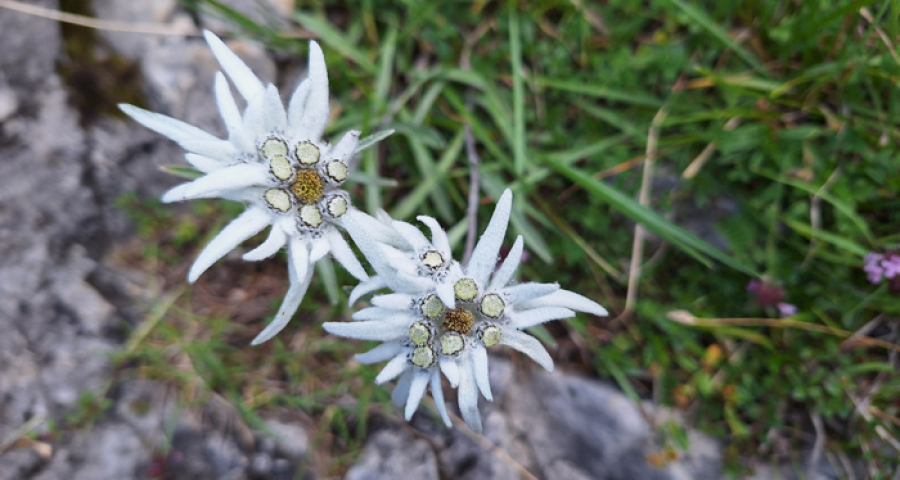Rebirth requires learning/7 - A decisive and fundamental time for the resurrection of a charismatic community.
by Luigino Bruni
published in Città Nuova on 12/08/2024 - from the Città Nuova magazine n. 3/2024
Charismatic communities manage to continue living after the death of the founder (which is also the mystical death of the first body) if a true resurrection comes along.
But resurrections are not contracts, they are not assurances. They are all gratuitous, they surprise us, they cannot be planned, they are not written into company objectives, and they do not enter into the business plan. They can, however, be desired, expected, hoped for, prayed for, and above all, resurrections should not be cancelled or made impossible by the search for fake resurrections, that is, by the reanimation of corpses. In the history of the Church, the resurrection came, completely as a free gift, because, above all, the apostles and disciples first believed that Jesus had really died on the cross.
They were not convinced by the Gnostic sects who said that it was Simon of Cyrene who had died on the cross. For those Gnostic Christians it was impossible to accept that the Son of God had really died; that death was too human to be also divine. And so by denying death they also denied the resurrection, because only those who really die can really rise again.
When the first phase of the foundation of a community ends, usually with the death of the founder, the first essential collective act to be done is to recognise and accept the reality of that death. Not to believe in the Gnostic tendencies that manifest themselves in many ways, but which all push towards the past, memory, fantasy, and move away from the present, history, the flesh, and therefore the future. Then, once death is accepted, one must inhabit the Sabbath, that time between the Friday of Golgotha and the dawn of the Resurrection. The Sabbath is the time of waiting, the time for the aromas to honour the dead body, which is really, truly dead. It is the time of Mary Magdalene and the other women, the disciples who do not yet know about the resurrection but, out of faithfulness, go to the tomb.
It is the time of mourning, a decisive and fundamental time for the resurrection of a charismatic community. Mourning is essential not so much to celebrate death, but to tell ourselves that we must continue to live beyond that death: it is a celebration of life. In civilisations, mourning was the first means of avoiding the greatest harm after death: to die with the dead (Ernesto de Martino). Therefore mourning, if lived well and ‘processed’, allows communities to keep hope up beyond the trauma of a death. It is the collective language to say: life is greater, we believe that despite the great pain of absence we will have a future, we want our children and grandchildren to still have the promised land.
Collective mourning lived well therefore produces fruits of life in the community, the ability to innovate, to take risks, and above all drives away the fear of ruining the legacy left by the founders. A type of mourning that is not or poorly elaborated instead leads communities to live in fear that today's children will destroy yesterday's patrimony (where ‘munus’, or gift of the fathers is part of the word), that the community identity will be lost, that the purity of the charisma and of the ideals will be contaminated. If a community is terrified that among its sons there is an Oedipus who will kill his father, it unwittingly ends up killing Isaac too, who is instead the son of the promise. The terror of the possible betrayal of the origin is a typical sign of a failed case of mourning.
Another great sign of mourning that has been badly lived or never even begun is the absence of joy, which manifests itself in collective sadness. It is a form of communal lethargy that prevents one from launching new great projects and criticising anyone who thinks of them, with the typical cynicism of those who no longer believe in the future.
Instead, for the great gift of a true resurrection to happen, there is a need to intone the ‘funeral song’ of yesterday, and then immediately join the biblical prophets in stating: ‘A story is over, and it is indeed over, but our story is not over: for a faithful remnant will continue it’. When dealing with charismas, the really important stories to be told are the new ones of today, which will also make people understand and ‘remember’ in spirit (not only in videos and texts) the stories of yesterday.
These are authentic spiritual operations, all grace, which are all the more difficult the greater and more extraordinary the first founding experience was. The most difficult cases of mourning to process are those of people we loved dearly and wished would die after us.
The past is capable of generating a future if it is interpreted as a seed, as something alive that, because it is alive, must die in order to bear much fruit tomorrow.








